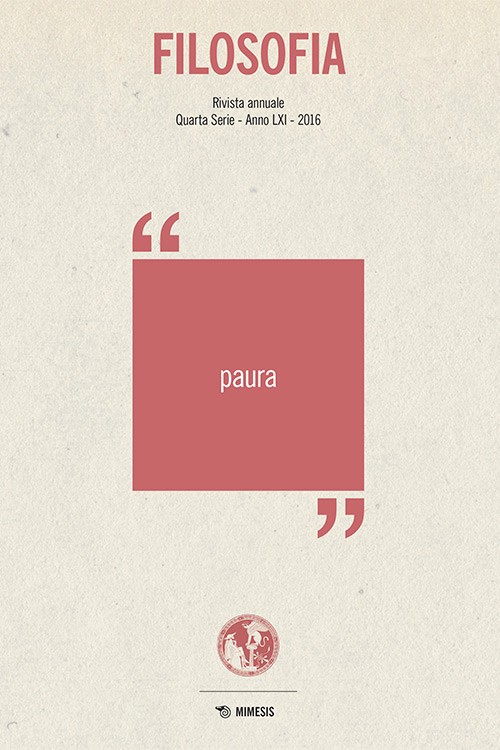"Le avventure straordinarie d’Antoine Roquentin". La malinconica paura di J.-P. Sartre
Abstract
This essay examines the role of fear in J.P. Sartre’s Nausea (1938) not as the consequence, but as the primary cause of the sufferings experienced by Antoine Roquentin, the protagonist of the novel. By investigating the theoretical origin and development of the protagonist’s fear, we find out that it arises in two different moments: firstly, through the great effort of writing about himself and the Marquis de Rollebon; secondly, through the sugary perception of his body. By analyzing the relationship between Nausea and Sartre’s critical argumentations about some of the major topics, such as autobiography and body, this essay shows how Antoine realizes that his own existence is the real cause of his Nausea. In this process, the influence of Husserl’s phenomenology is undeniable, because Antoine will not discover the truth by means of an introspective analysis, but only by observing the absurd existence of things, especially of a chestnut root.
Downloads
Filosofia applica una licenza Creative Commons Attribution 4.0 International License a tutto il materiale pubblicato.







